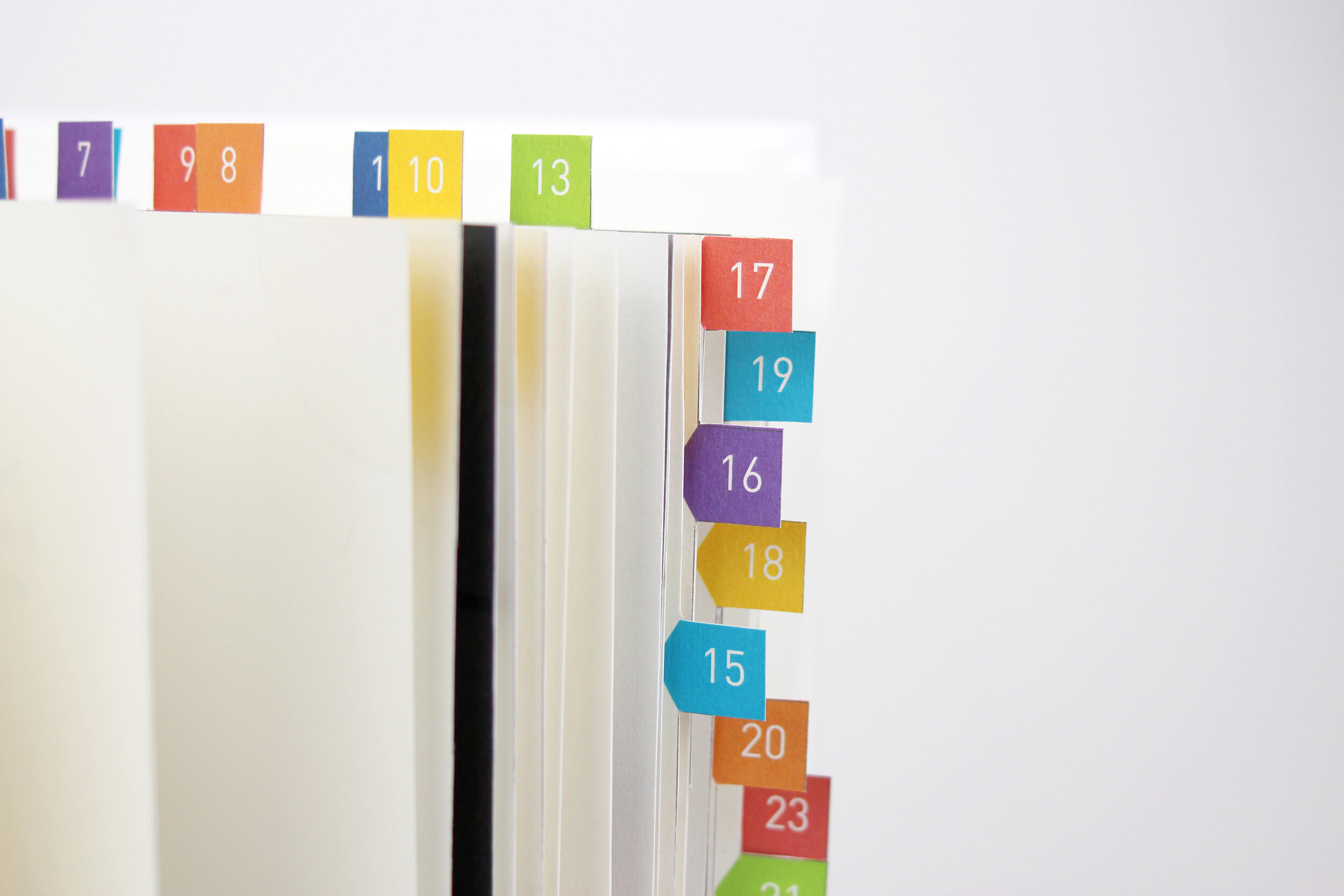
Making Mistakes
Visual Communication
Thesis Project | 2019
“Why don’t you just tell me the answer, because I’ll be wrong anyway.”
— My cousin’s response when I was tutoring her
Many children grow up fearing mistakes even though mistakes help us to learn.
How might a storybook allow for children to safely make mistakes and learn from them?
Research @ Libraries
Taking a Leaf from Storybooks
Having absolutely no experience in writing or drawing storybooks, I borrowed 28 classic storybooks and analysed what made them engaging and educational.
It’s Okay to Make Mistakes by Todd Parr
Insight #1 - Relatable Scenarios
These stories illustrate relatable scenarios for a child, such as spilling things and being stuck in math homework.
Stickley Makes a Mistake by Brenda Miles, The Book of Mistakes by Corinna Luyken and A Perfectly Messed-Up Story by Patrick McDonell
Insight #2 - Different Strategies
Different types of mistakes require different strategies - sometimes mistakes become opportunities, sometimes we just have to accept them and move on.
Opportunity #1 - “You”
Mistakes are usually made by fictional characters in storybooks. If readers were the ones who made mistakes, then they will be the ones to benefit from the experience.
I was reminded of Choose-Your-Own-Adventure gamebooks that I read when I was little, where “you” make decisions as “you” read. I liked this format of storytelling and chose it for my story.
Journey Under The Sea by R.A. Montgomery
Opportunity #2 - Growth Mindsets
I was deeply inspired by Carol Dweck’s research on Growth Mindsets, which is the belief that one’s abilities can grow. People with a growth mindset genuinely see mistakes as opportunities for improvement.
My Journey of Making Mistakes
Illustrating + Writing + Researching
For the next 6 months, I confronted my limited drawing skills, attempted to write compelling stories, and conducted read and review sessions. Research doesn’t stop here - it runs parallel with making book prototypes and user testing, as it can help to inform new ideas.
Main Storyline
Suzy is separated from her friends by the gutter of the book! Readers will have to help Suzy find a way to cross the gutter. There are several ways to do so, but beware! Each of the journeys could lead to a bad ending.
How to Play/Read
Each page invites the child to make a decision - go to page 5 to get a mystery gift, or page 29 to take a train? Depending on their choices, readers embark on different journeys with Suzy, make mistakes, and learn from them together.
Tab Designs
To prevent visual distractions when flipping, colourful tabs denoting page numbers run along the borders of the book. The numbers are deliberately jumbled up.
Through Tiny Lenses
For my first few prototypes, several children asked me what the main character was doing. I realised it was because I hadn’t drawn accurate human figures and speech bubbles! Such details could help to improve the storytelling. My cousin kindly modelled for me to get the basic anatomy right.
Through Wise Lenses
“Do you think giving up is a mistake?” A parent asked.
“U-uh,” I stuttered eloquently. “Perhaps, maybe not?”
I still needed to constantly question what kind of mistakes I am advocating for. Getting parents’ input is crucial to help me understand their perception of mistakes.
In one of the journeys, Suzy uses her shadow to cross over the gutter
Not Just for Children
Besides creating a storybook for children, I learnt that good illustrations and intentions can also attract parents and even young adults.
The Book
The Journey of Making Mistakes
A storybook that teaches children the value of mistakes, and introduces various strategies for different kinds of mistakes.
Children create a narrative based on their decisions, each leading to different consequences and learnings.
Journey #1 - Value-Based Mistakes
When we unintentionally hurt others, we need to be responsible and apologise.
Journey #2 - Novel Mistakes
We will make mistakes when we try new things, so let’s take the first step to try!
Journey #3 - Logic-Based Mistakes
Trial and error is a form of mistake making that allows our brain to grow!
Epilogue
Global Grad Show 2019 @ Dubai
It was a humbling experience to share my story to children, teachers and parents who, in kind return, gave me feedback for improvement. Perhaps the number of pages could be reduced. Or perhaps the book could teach emotions like shame?
Final Words
Mistakes are inevitable as we grow up.
Instead of fearing them, our children should be equipped with the necessary tools to face them.
Special thanks to:
Prof Hans, Sheryl, Maggie, Valerie, Zhi Swen, Wei Ling, Silat Creative Printing and this amazing talk.
























